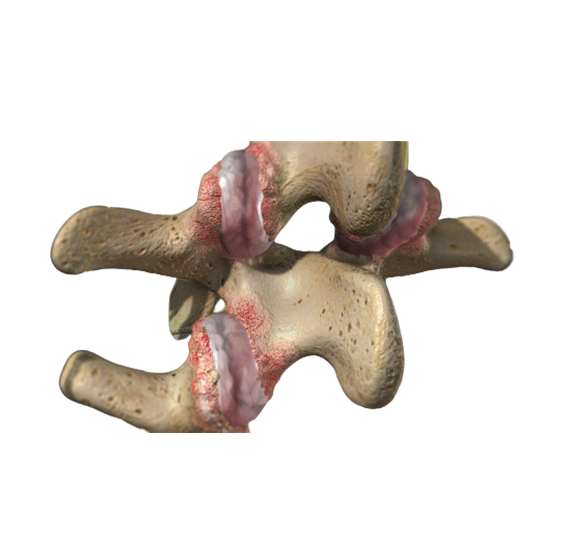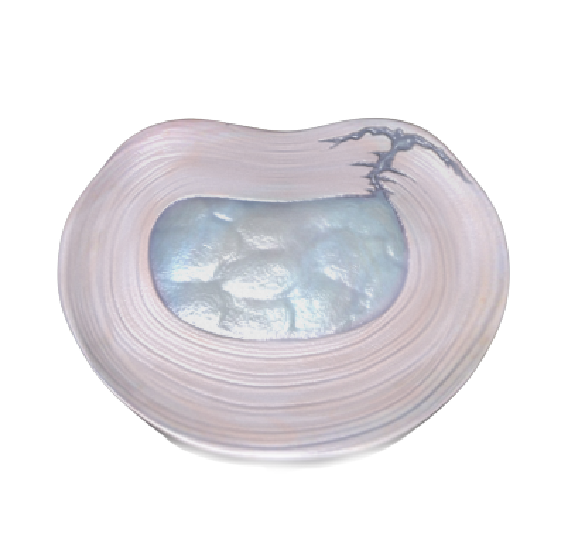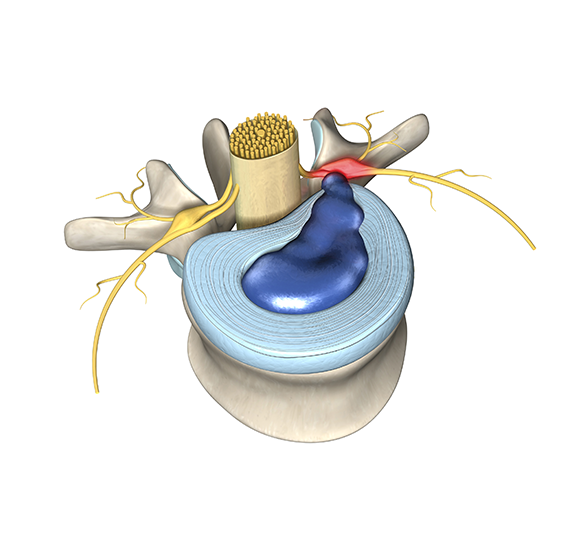
Cervical Myelopathy | Herniated Disc
Cervical Myelopathy | Herniated Disc https://bestpracticehealth.com/wp-content/uploads/2023/04/Frame-1.png 1024 535 Best Practice Health Best Practice Health https://bestpracticehealth.com/wp-content/uploads/2023/04/Frame-1.pngFrom our YouTube channel visitor:
“I am confused. If someone has a herniated cervical disc, it often causes myelopathy. Everyone says that this myelopathy usually progresses, why do they say so if 97% of people get better on their own?”

Well, this stuff is confusing. And serious. That’s why I’m here. So, here goes.
Myelopathy refers to any disease or disorder that affects the spinal cord. You should be concerned about myelopathy if you have a combination of the following: weakness or numbness in the legs or arms, difficulty with coordination, loss of fine motor skills like writing, urinary retention or frequency, difficulty walking.
Myelopathy can be caused by a variety of conditions:
- Spinal cord compression: While this can be due to a herniated disc, it is much more often due to spinal stenosis (narrowing of the spinal canal) due to degenerative changes in the neck. There are rare causes of compression as well, such as epidural abscess and tumors.
- Trauma: Myelopathy can result from trauma to the spine, such as a car accident or a fall.
- Inflammatory diseases: Certain autoimmune disorders such as multiple sclerosis or transverse myelitis can cause myelopathy.
In short, herniated discs do typically get better on their own. But myelopathy is not typically caused by a herniated disc. While it may be safe to be treated at home for the first 3 weeks after a herniated disc, myelopathy is dangerous. Any combination of the signs listed above should be urgently evaluated and treated by a doctor.
- Posted In:
- Cervical Radiculopathy







